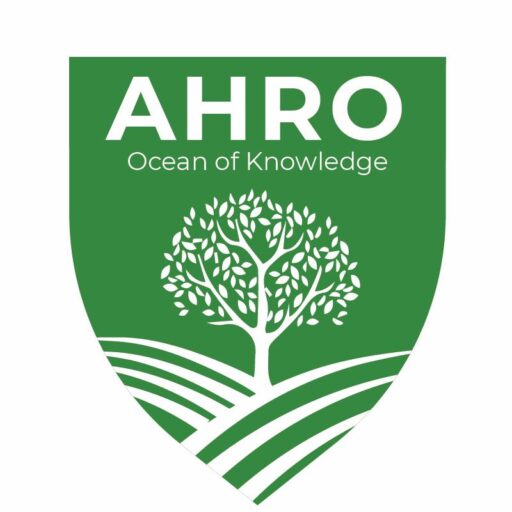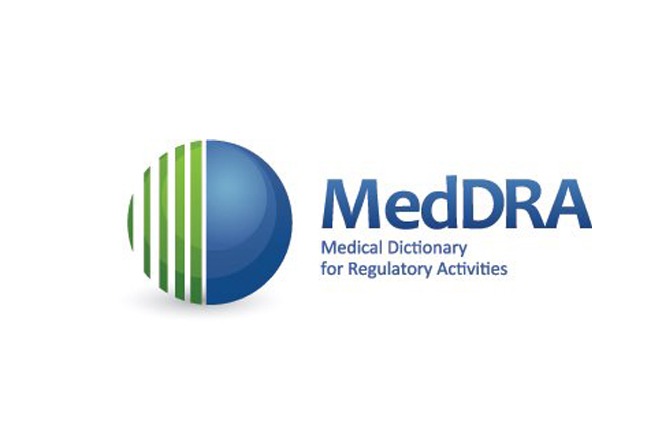Today, the World Health Organization (WHO) and the International Council for Harmonisation of Technical Requirements for Pharmaceuticals for Human Use (ICH) have announced a new collaborative effort aimed at improving the registry and sharing of regulatory information on medical products worldwide.
This partnership seeks to establish a unified language that simplifies global regulatory decision-making regarding the safety and effectiveness of medical products. Additionally, it provides crucial insights into the extent, origins, and consequences of diseases and mortality on a global scale.
By linking the WHO International Classification of Diseases (ICD-11) with the ICH Medical Dictionary for Regulatory Activities (MedDRA), this shared language will enhance the analysis of adverse events and outcomes. It will enable better utilization of various data sources such as insurance claims databases, mortality and morbidity statistics, clinical trials, and observational studies.
Dr. Robert Jakob, WHO Team Lead for Classifications and Terminologies Unit, emphasized the benefits of this collaboration, stating, “Our partnership with ICH’s MedDRA will facilitate the regulation and safety of medical products in more countries, ultimately benefiting a greater number of people. More importantly, it opens avenues for improving medical treatment, enhancing patient safety, and contributing to the overall enhancement of health policies.”
MedDRA, the Medical Dictionary for Regulatory Activities, is a comprehensive and highly specific standardized medical terminology developed by ICH. It aims to facilitate international sharing of regulatory information concerning medical products used by humans. It is utilized for product registration, documentation, and safety monitoring, both pre- and post-authorization.
Mr. Mick Foy, MHRA, UK, and Chair of the ICH MedDRA Management Committee expressed enthusiasm about the project, stating, “ICH is thrilled to collaborate with WHO on this initiative, which will bolster the detection of pharmacovigilance signals across even larger datasets and enable identification of significant public health concerns.”
ICD-11, the International Classification of Diseases, serves as the global standard for recording, reporting, analyzing, and comparing the causes of illness and death. It aids countries in identifying and prioritizing key health issues, facilitating the development of effective public health policies, measuring impacts, allocating resources, improving treatments, implementing preventive measures, and ensuring comprehensive clinical recording



